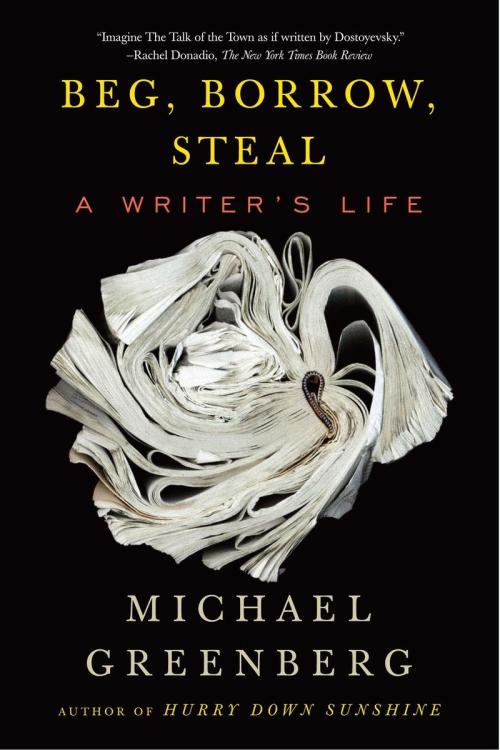My old man was like Zeus’s father Cronos: he couldn’t bear the idea that any of his children might surpass him. Life radiated from the central pulse of his scrap-metal yard; the world beyond it seemed to make him defensive and nervous. Self-conscious about his lack of formal education, he took my bookishness as a personal affront. “Which do you think is worth more,” he once asked me, “a commodity or some goddamn idea?”
Among the family, my violent fights with him were famous. The last one occurred when I was fifteen. I followed him around the apartment, taunting him with a line from my latest poem, “Which do you think is worth more, flesh or steel?” At the end of his rope, he took a wild swing at me. I dodged it easily, hearing the crush of bone as his fist hit the wall. I fled the apartment, and when I returned, three days later, his hand was in a cast. “You have guts, but no common sense,” he said. “One cancels out the other. A total waste.”
A week later, I moved away from home, supporting myself with a night job in a bookstore.
Nevertheless, when I was in my early twenties, driving a cab, with a newborn son at home, my father offered me a chance to join the family business. “You get all the major holidays,” he said. “You quit work every day at five. And to make a living you don’t have to be a genius.” He seemed hurt when I turned him down. “Those notebooks you scribble in won’t get you on the goddam subway,” he said. He was right, and during the lean years that followed I sometimes imagined that he was eyeing me with satisfaction.

